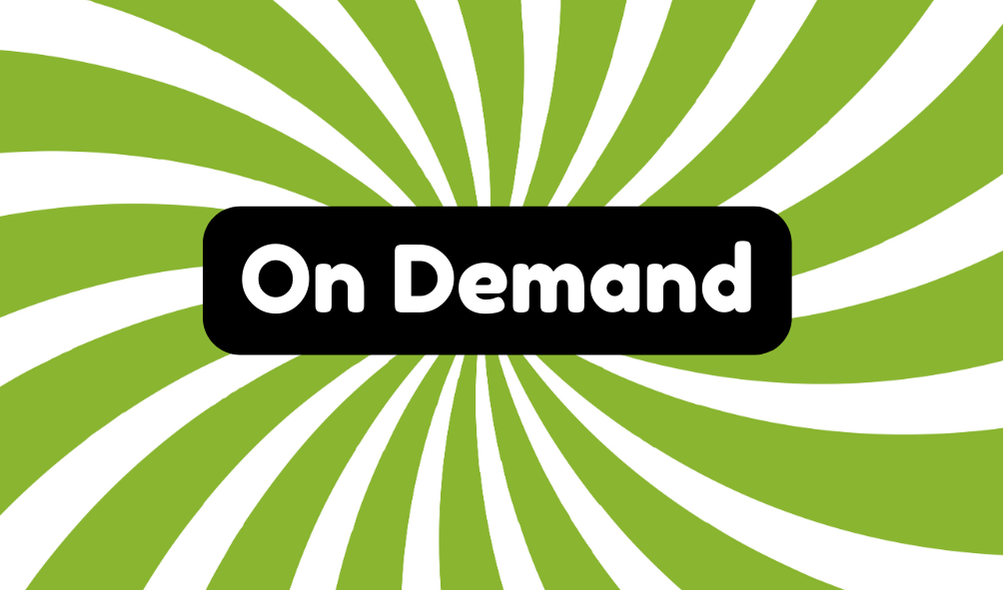"On demand" signifies a contemporary expectation for immediate availability and responsiveness. Its origin traces back to terms in Middle English and Latin, reflecting a history of linguistic evolution. Examples of its usage include "on-demand streaming" or "on-demand delivery," which emphasize convenience. This phrase illustrates society's fast-paced lifestyle and raises concerns about service quality and sustainability. Understanding these nuances is essential in adapting to modern consumer demands—there's more to explore about its impact and significance today.
Synonyms
The term "demand" carries with it a range of synonyms that encompass various nuances of urgency and entitlement. Understanding these terms offers insights into the shifting landscape of consumer behavior and the supply chain.
- Insist on immediate availability
- Command a specific response
- Require prompt actions
- Stipulate essential needs
Each synonym reflects different shades of expectation, urging businesses to adapt or risk obsolescence. In a rapidly evolving market, comprehending these nuances is crucial, as they drive innovations and shape consumer preferences. Consequently, the abstractions of demand become tangible forces, impacting the efficiency of supply chains and the satisfaction of modern consumers.
Example of Sentences
Understanding the various ways "on demand" is used in everyday language offers a glimpse into its significance in contemporary society. Consider the different sentence variations where the term thrives:
- Babies are fed on demand, showcasing parental adaptability.
- Oil prices fluctuate on demand, reflecting market volatility.
- Ronnie performs on demand, emphasizing spontaneity in art.
- Companies provide services on demand, streamlining consumer experiences.
These usage contexts illustrate a modern reliance on immediacy, yet also raise questions about sustainability. While "on demand" is convenient, it demands careful scrutiny to avoid over-reliance on instant gratification. Understanding this balance is essential for future innovation and growth.
Origin
Originating from the Middle English term "demaunden," the phrase "on demand" presents a fascinating glimpse into linguistic evolution. Its historical significance can be traced back through various languages, each contributing to its current form and meaning. This exploration highlights the complexities and intricacies of language development.
| Language | Term | Meaning |
|---|---|---|
| Middle English | demaunden | to ask |
| Anglo-French | demaunder | to demand |
| Medieval Latin | dēmandāre | to demand |
| Latin | mandāre | to entrust |
Understanding this origin reveals the dynamic nature of communication.
Collocations
Collocations involving the phrase "on demand" reveal how language adapts to convey specific meanings in various contexts. In the service industry, the phrase illustrates the rapidly changing landscape shaped by consumer preferences:
- On-demand delivery services revolutionizing shopping.
- On-demand streaming platforms transforming entertainment.
- On-demand healthcare responding to urgent needs.
- On-demand manufacturing customizing products for individuals.
These phrases underscore the tension between convenience and the quality of service. While admirably innovative, the expectation for instant gratification raises questions about sustainability and efficacy. It challenges businesses to balance efficiency with genuine consumer satisfaction, reflecting a society increasingly driven by immediacy.
How to Use in Everyday Language
Many individuals encounter the phrase "on demand" in various aspects of daily life, yet its implications often extend beyond mere convenience. In everyday usage, it signifies an expectation for immediate service or resources, particularly in sectors like entertainment or delivery. The practical applications of this term may sound beneficial, yet they often spawn an unhealthy habit of instant gratification. People must consider the potential drawbacks of relying too heavily on on-demand services, such as eroding patience or diminished appreciation for effort and time. Consequently, understanding the phrase's broader implications can foster more mindful consumption in an increasingly impatient world.
Why Is It Still Relevant Today?
The continued relevance of the term "on demand" can be observed in various facets of modern life, particularly as technology reshapes consumer expectations. In today's fast-paced society, businesses are compelled to adapt to heightened customer expectations, fueled by rapid technological advancements. Streaming services, food delivery apps, and instant access to products illustrate this shift, highlighting the necessity for companies to deliver services efficiently. However, this reliance on immediacy raises concerns about sustainability and quality. As convenience becomes paramount, the balance between speed and value must be cautiously navigated, prompting a critical examination of the true costs behind on-demand services.







